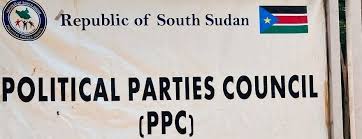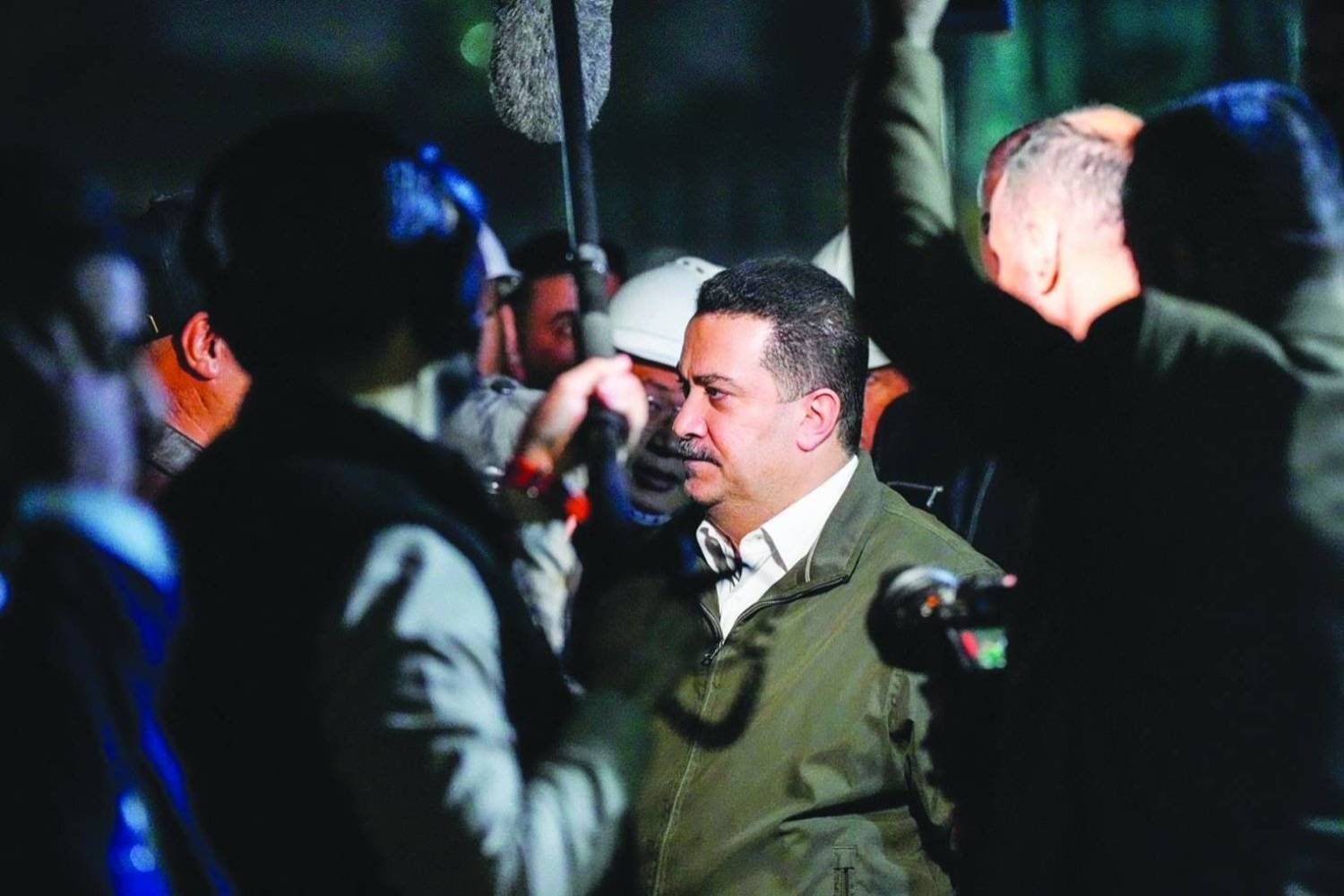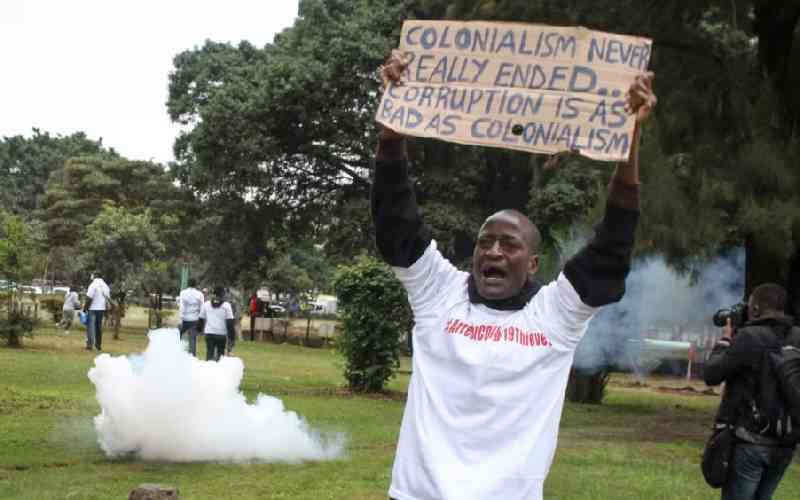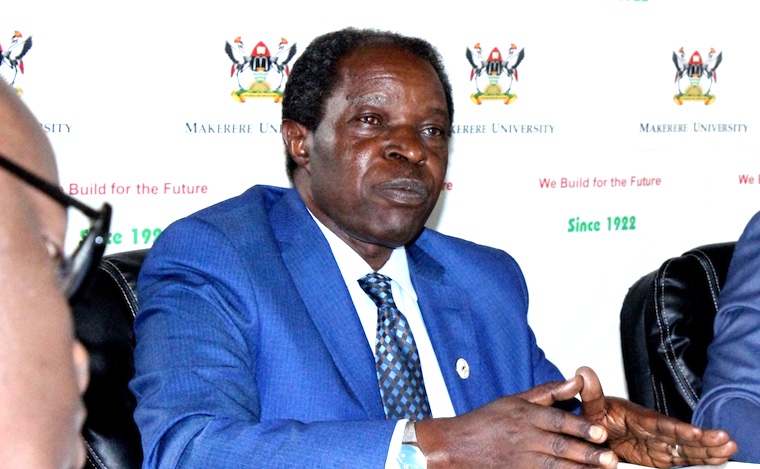A Political Parties Forum held in Juba on Thursday endorsed the draft code of conduct for political parties ahead of general elections in December this year.
The code of conduct that was validated during the meeting is expected to guide political parties before and during general elections.
Speaking to reporters shortly after the meeting, Dr Lam Akol Ajawin, Chairman of the opposition National Democratic Movement Party (NDM), said the discussion “led to a major consensus among the parties.” He added that the consensus reached on the document proves that South Sudanese parties can solve their own problems.
“We were discussing how we deal with our issues when trying to compete as political parties. So it is mostly about elections, and I am happy to announce that we have reached a consensus,” said Dr Akol.
“The parties are ready to sign, only that are still small editorial things. This is a voluntary code of conduct for the parties to adopt. I think this is a big step forward, a good development for the country, and a good development for the exercise of democracy that we are hoping to build and consolidate,” he added.
Dr. Akol expressed hope that the agreement on the code of conduct for political parties will influence the dialogue between the political parties in the country regarding the upcoming elections.
For his part, James Akol Zakayo, Chairman of the Political Parties Council (PPC), explained that the code of conduct for political parties is intended only for political parties that have requested registration with the council.
He said the workshop was to validate the code of conduct for political parties. “The Council and the participants agreed that the code of conduct would be voluntary and signed by the Political Parties Council,” he said.
“The document in its entirety is okay. The political parties have accepted it, and it is a voluntary code of conduct that we need to adopt as a council into our regulation so that it can be legal,” he added.
The event was organized by the Political Parties Council (PPC) with support from the UN Mission (UNMISS). Representatives of the SPLM, SPLM-IO, South Sudan Opposition Alliance (SSOA), and other stakeholders attended the meeting.
The Political Parties Council is mandated to register, monitor, regulate, and de-register political parties. The other functions of the Council are to issue registration certificates to political parties, indicate in the register that changes have occurred within a political party, maintain records of registered political parties, and administer the Political Parties Fund.
South Sudan has never held elections, as government officials have postponed them multiple times. Elections are scheduled for December 2024 to end the transitional period, but peace monitors and the international community say the transitional government hasn’t built up the structure necessary to hold free and fair elections this year. By Koch Madut, Tower Post











